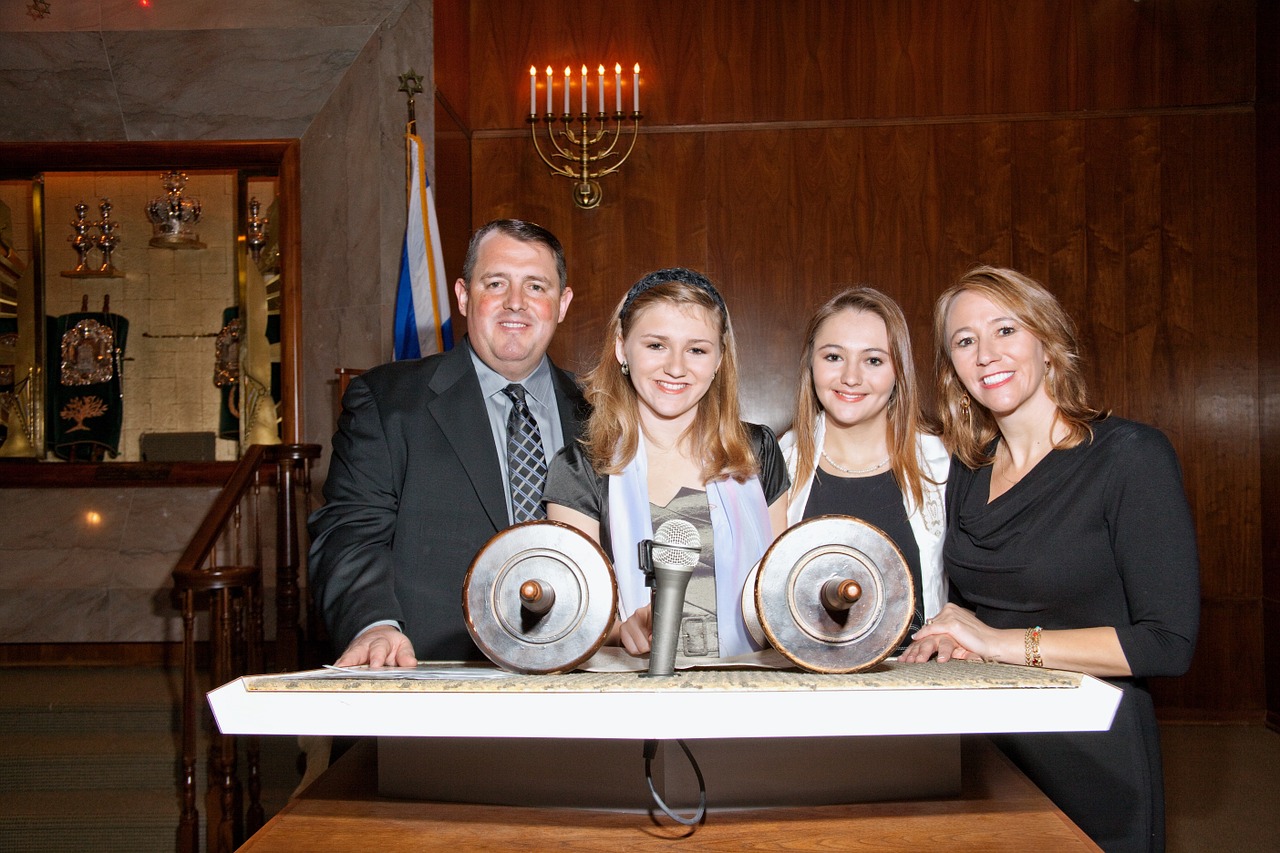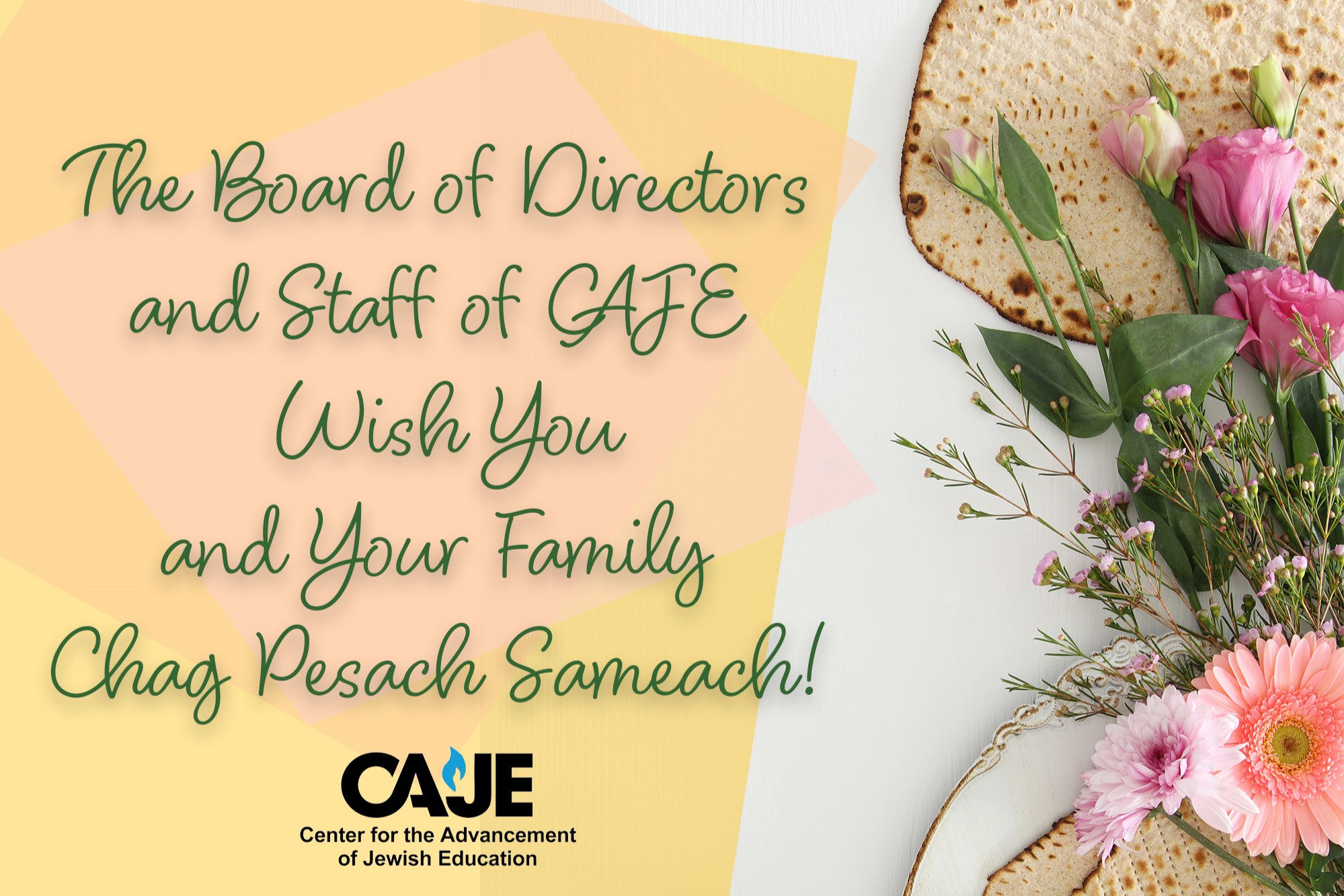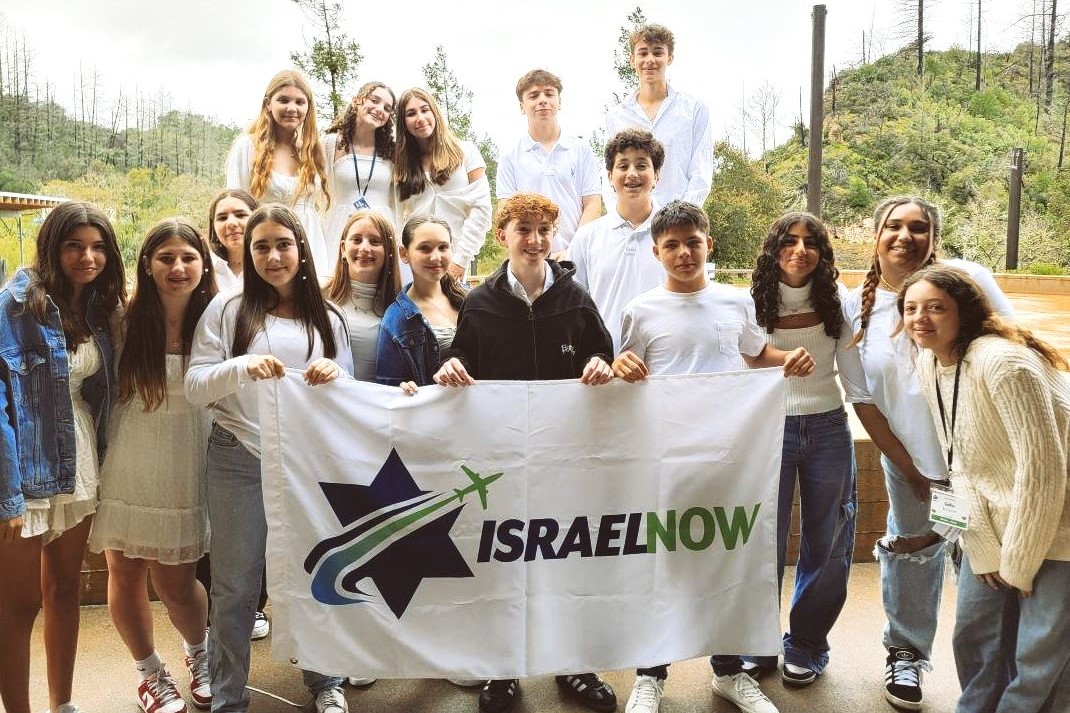CAJE Asked to Consult with National Teen Organization
Posted on 07/09/2021 @ 08:00 AM

Image by Amanda Green from Pixabay
A few weeks ago, national teen organization Moving Traditions invited CAJE’s Teen Department & March of the Living Director, Carly Orshan, to consult in an invitation-only gathering around the topic of Family Education for B’nai Mitzvah.
The convening began by first reflecting on the invited participants’ own teen experiences and then share similarities and differences to teens today. They also learned from scholars in the field, and then brainstormed ways we can all address issues teens are currently experiencing.
Jewish leaders from a variety of disciplines and vantage points came together to discuss key questions that are sure to shape the Jewish future, network with colleagues from around the world, and ask questions.
Some of the scholars in the field were: Dr. Jean Twenge, author of “iGen: Why Today’s Super-Connected Kids are growing Up Less Rebellious, More Tolerant, Less Happy and completely Unprepared for Adulthood,” Dr. Jess Shatkin, MD, MPH, of the NYU Child Study Center, where he is Vice Chair for Education and Professor of Child & Adolescent Psychiatry and Pediatrics at the NYU School of Medicine, and Dr. Arielle Levites, Managing Director of the Consortium for Applied Studies in Jewish Education at George Washington University’s Graduate School of Education and Human Development.
In addition to reflecting on and discussing the national teen trends and specifically focusing on adolescents in the Jewish community, some of the issues discussed touched on the following topics:
- Gender, sexuality and personal identity
- Citizenship, activism and social responsibility
- Race, ethnicity and Jewish identity
- Interfaith, multifaith and blended families
- Mental health, wellness and resilience
- Feminist spirituality, activism and practice
One salient theme kept repeating throughout the conversations: the importance of fostering conversations and relationships with parents of pre-teens/teens.
Parents and teens are both going through transitions during adolescent years—parents need to learn how to relate to teens going through often tumultuous years and teens need to learn how to self-explore and self-manage through these same years.
Building programs for the family may allow pre-teens, teens, and parents the opportunity to lean into Judaism as a way to explore their sense of self, relationships to others, responsibility to the world, and connection to the Divine.
Moving Traditions will be sharing a summary of the gathering in an upcoming White Paper that we look forward to sharing with all of you so we can continue to enhance the ways in which we engage our community’s Jewish youth and their families.




